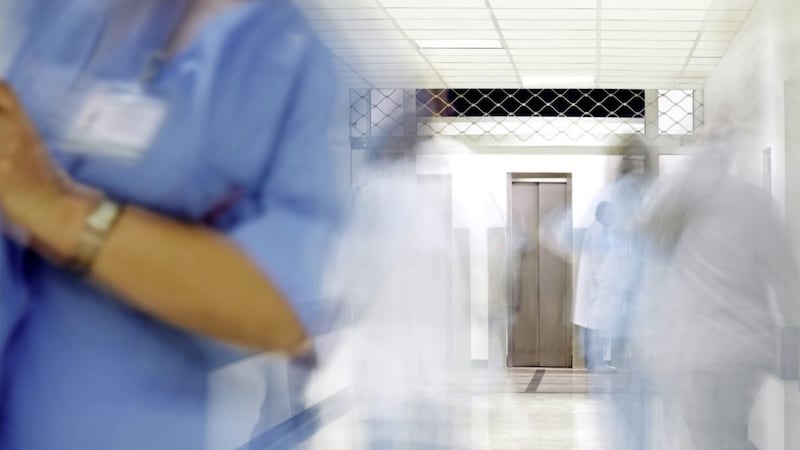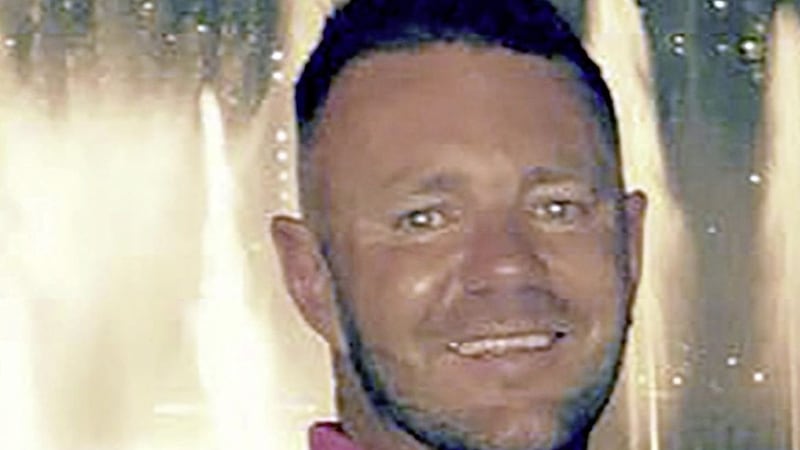A junior doctor has warned of the psychological pressures facing younger medics redeployed to the frontline and is urging health service bosses to "have their backs".
Dr Noel Sharkey said they were already doing "13-hour shifts and 40-hour weekends" prior to the pandemic and it was crucial for staff to have access to "basics" - such as out-of-hours food and rest facilities so they have "somewhere to lie down for 20 minutes in the middle of the night" while trying to "beat this virus".
And he said a confidential counselling helpline for medics will be needed "more than ever" as NHS staff brace themselves for a predicted surge in Covid-19 cases over the next two to three weeks.
As part of plans to boost the NHS workforce, final year medical students from Queen's University Belfast are being drafted in to hospitals.
Dr Sharkey, who heads up the British Medical Association (BMA) NI junior doctors committee, said as concerns mount about how the system will tackle the crisis, there is an urgent need to protect both the physical and mental well being of staff - especially new recruits.
"There's an element of calm before the storm at the moment. And while junior doctors have always worked in challenging circumstances, the difficulty is those challenging circumstances are going to become more difficult," he told The Irish News.
"There's a responsibility on the Department of Health to look after staff and this is becoming much more obvious as everybody is worried about how we are going to cope.
"It will be an anxious time for final year medics coming to work - and we will have a duty to look after and support these colleagues.
"But we are very concerned about how we are going to be protected. And by protected, that means having adequate Personal Protective Equipment (PPE).
"As well having that physical barrier protecting yourself from a virus you can't see, is the need for the psychological safety.
"We need to know that the people who are managing this crisis have our backs. That psychological safety extends to our families too."
Dr Sharkey said increased testing of frontline staff "must be a priority" as teams "cannot function" with depleted cover.
He said many junior doctors had expressed fears about the impact of their job on close family members, including young children.
"Many of us are isolating ourselves as soon as we come home from work - it's nothing to do with symptoms, we are taking that action."
He was also keen to stress how much an "outpouring" of public support had meant to the profession, with people taking to their doorsteps to 'clap' their appreciation and others delivering food.
"It's very heartening and kind. What I would also say is that we are very lucky to have a job and feel very privileged to be part of this when so many people have lost their livelihoods and are facing uncertain times."
He urged his colleagues to contact a BMA 'wellbeing' telephone helpline and appealed to retired medics to volunteer their services to support peers.
'Care boxes' of food staples and necessities, such toothbrushes, are also being provided.








